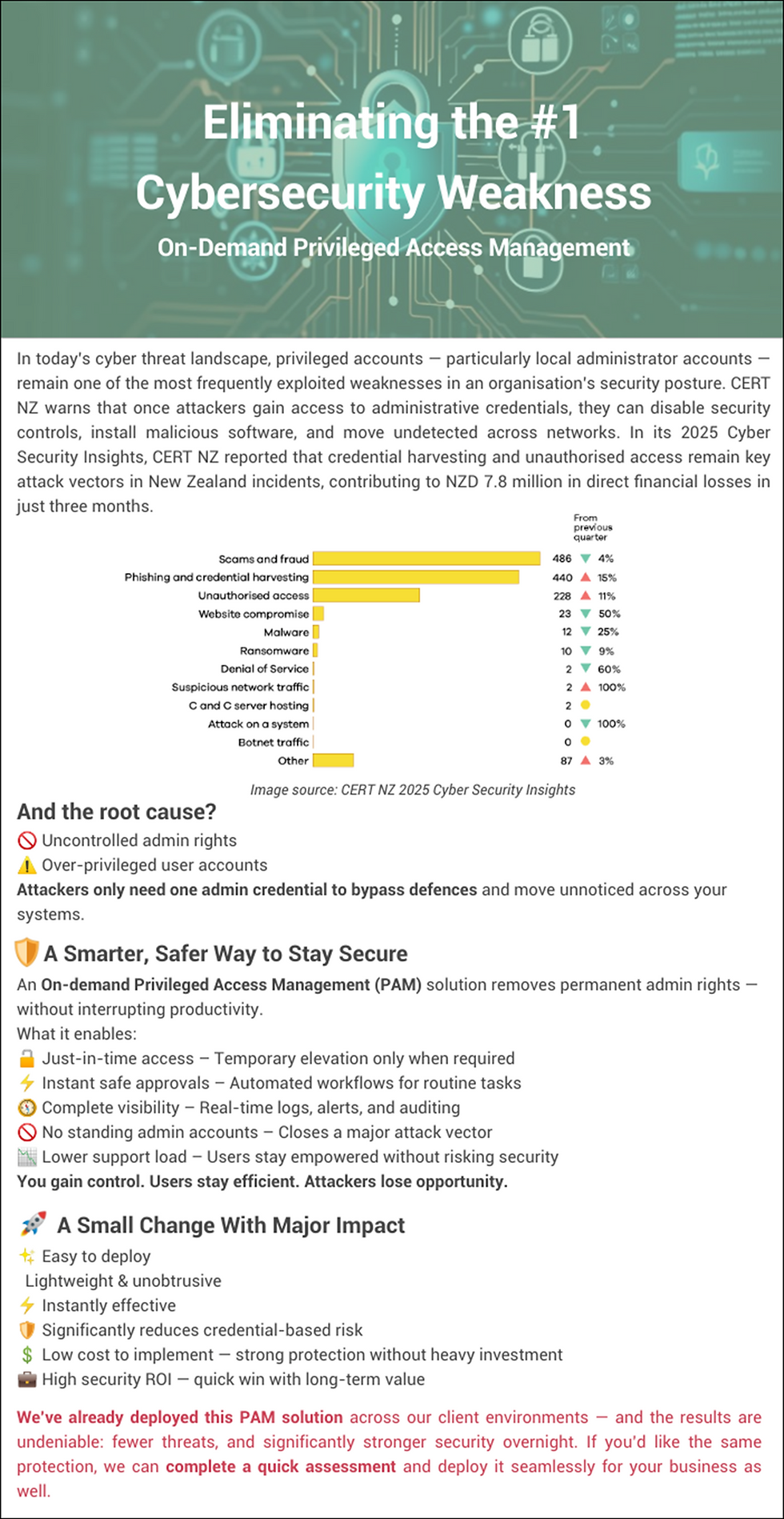Unveiling the Impact of AI in the Evolution of IT Services: A Closer Look at the Changing Landscape
- Nov 27, 2024
- 3 min read

The rise of Artificial Intelligence (AI) in Information Technology (IT) services is revolutionizing how businesses operate. This technology is not just a passing trend; it’s shaping the future of IT services. AI enhances customer experiences, optimizes internal processes, and redefines operational strategies.
In this blog post, we explore the profound impact of AI on IT services. We will illustrate how AI technologies are driving innovation, boosting efficiency, and opening up new growth opportunities.
Understanding AI in IT Services
AI is an umbrella term that includes machine learning, natural language processing, automation, and data analytics. These technologies are becoming increasingly important in IT operations.
For example, companies are using AI for predictive analytics to inform decision-making. According to a study by McKinsey, organizations that implement AI for analytics can improve their decision-making speed by 5 times. Additionally, AI helps in anomaly detection, providing critical protection against security threats. By automating routine tasks, AI frees IT staff to focus on strategic projects that can drive more value for the organization.
AI-Driven Automation: Reshaping IT Processes
AI is significantly transforming IT services by automating repetitive tasks. With AI algorithms and robotic process automation (RPA), organizations can streamline workflows that once required considerable human input.
Consider the tasks of systems monitoring, backups, and incident management. AI can automatically detect issues, significantly reducing downtime. According to a report by Deloitte, businesses using AI in maintenance can see a reduction in downtime by as much as 30%. This not only leads to cost savings but also improves team morale as staff can concentrate on innovative and strategic initiatives.
Enhancing Customer Support with AI
AI has made remarkable strides in customer support within IT services. Chatbots and virtual assistants can now handle a broad range of customer inquiries without human intervention.
For instance, AI-powered chatbots can respond to questions such as “How can I reset my password?” or “What are your service hours?” This instant access leads to improved customer satisfaction. Recent statistics show that 64% of consumers view 24/7 service as the new standard in customer service. Furthermore, AI applications analyze past customer interactions to provide more tailored and effective support solutions. This responsiveness enhances the customer experience, fostering loyalty and strengthening the organization’s reputation.
Data Management and Analytics: A Game Changer
In the digital age, data is often called the new oil. Effective data management is crucial for making informed decisions in IT services. AI significantly enhances data management, providing advanced analytics that helps organizations extract actionable insights from large datasets.
With AI's predictive capabilities, businesses can anticipate trends and adjust their strategies proactively. For example, companies employing AI for data analytics experience decision-making improvement rates of up to 10-15%. This data-driven approach not only improves operational efficiency but also enhances strategic planning.
Improved Security Posture Through AI
As cyber threats become increasingly sophisticated, AI is essential for strengthening security in IT services. AI algorithms can analyze network traffic patterns, swiftly identifying potential risks.
For instance, a security system that uses machine learning can adapt over time, learning to recognize what constitutes normal behavior. This adaptability allows organizations to detect unusual activities quicker. Research by Capgemini indicates that organizations using AI for cybersecurity experience a 30% decrease in the likelihood of a successful attack.
Challenges of Implementing AI in IT Services
While the advantages of AI are appealing, integrating it into existing IT services can pose challenges. The process can be complicated and often requires significant investments in technology and employee training.
In addition, concerns about data privacy and ethical implications remain significant. Studies show that about 60% of employees express anxiety over potential job displacement due to AI adoption. Organizations must address these concerns carefully to maintain workforce stability while embracing innovation.
The Future of AI in IT Services
Looking to the future, the potential for AI in IT services is enormous. As technology continues to advance, deepening connections between AI, the Internet of Things (IoT), and advanced machine learning are expected.
Organizations looking to remain competitive must be ready to adapt quickly. According to Gartner, by 2025, 75% of organizations will use AI to augment their operations. Continuous learning will be critical for successfully integrating AI solutions into service delivery.
A New Era for IT Services
The emergence of AI in IT services signifies a pivotal change in the industry landscape. AI improves efficiency, provides in-depth analytics, and boosts customer satisfaction. By embracing these shifts, organizations can become leaders in their field.
As companies navigate this new terrain, a collaborative approach between human expertise and AI will be essential. This partnership will enable organizations to be agile and responsive to future challenges and opportunities in the digital realm. In the evolving landscape of IT services, innovation driven by AI will redefine what’s possible.



